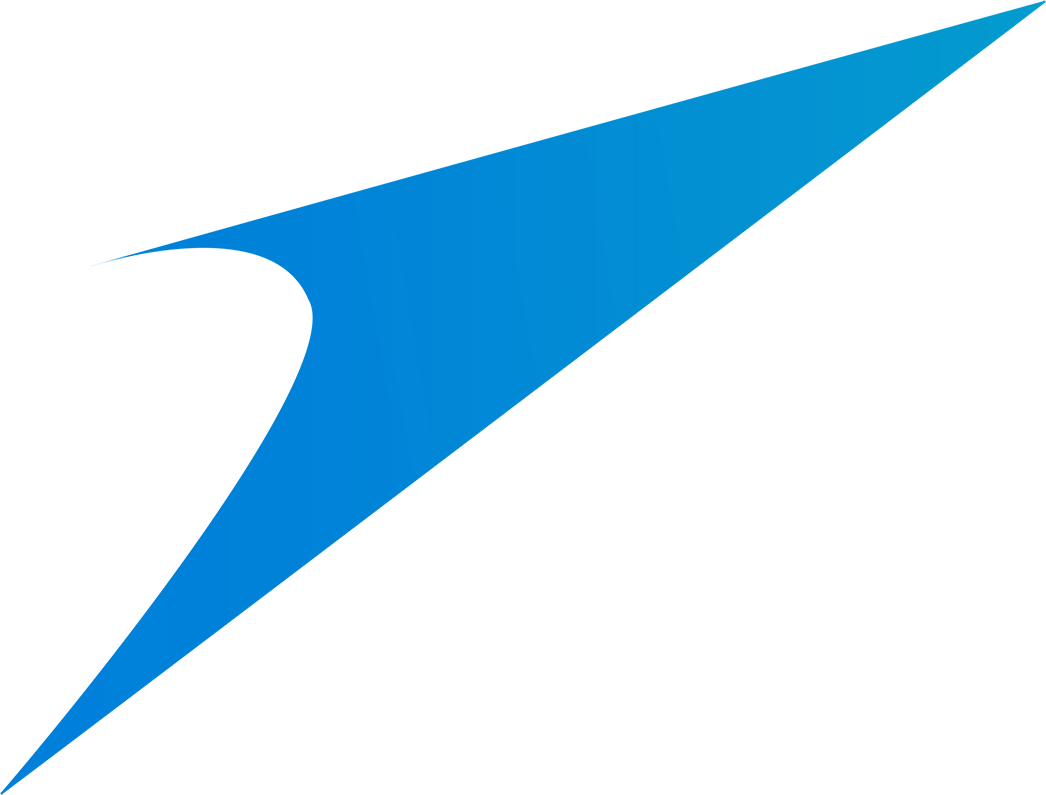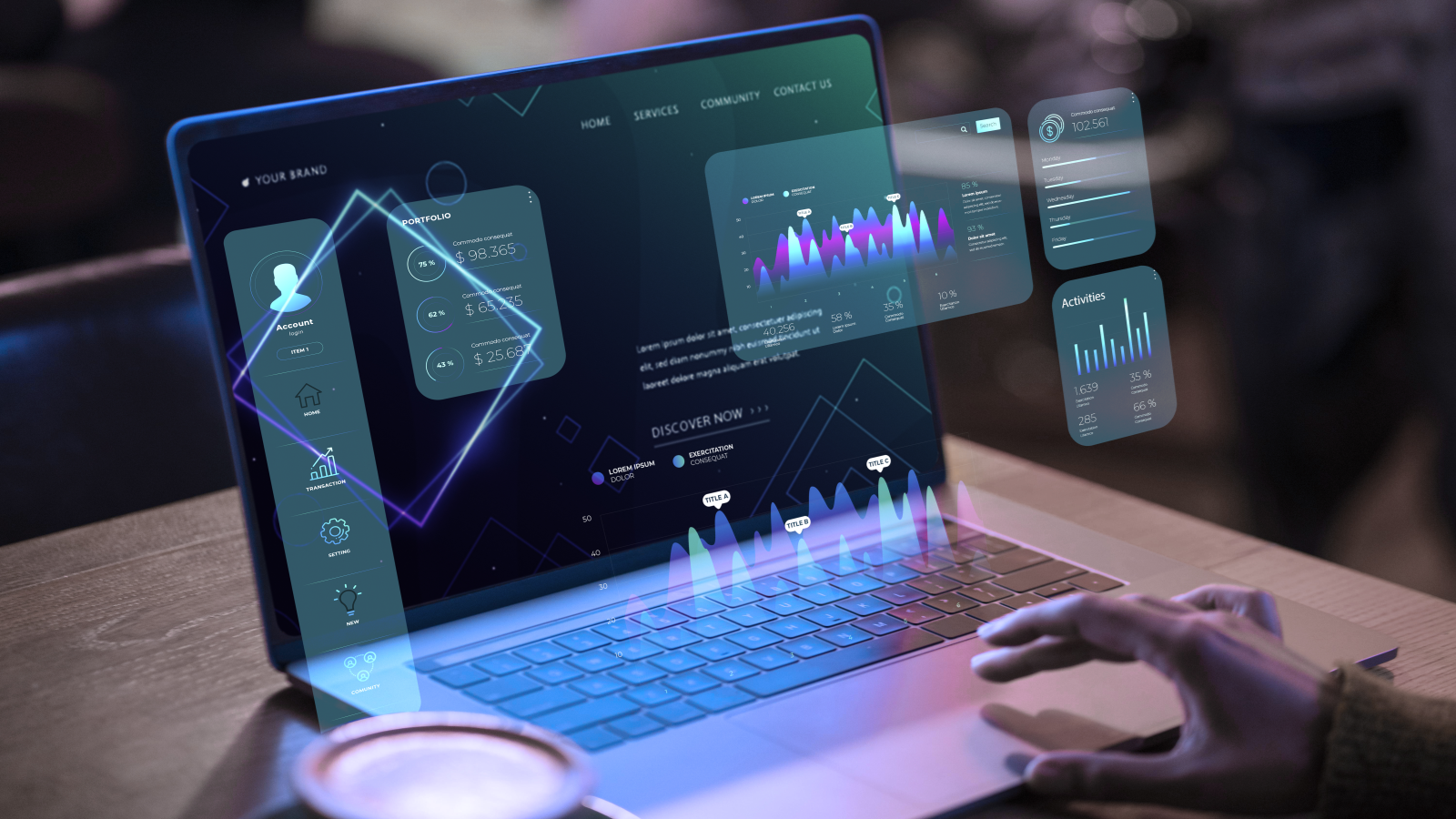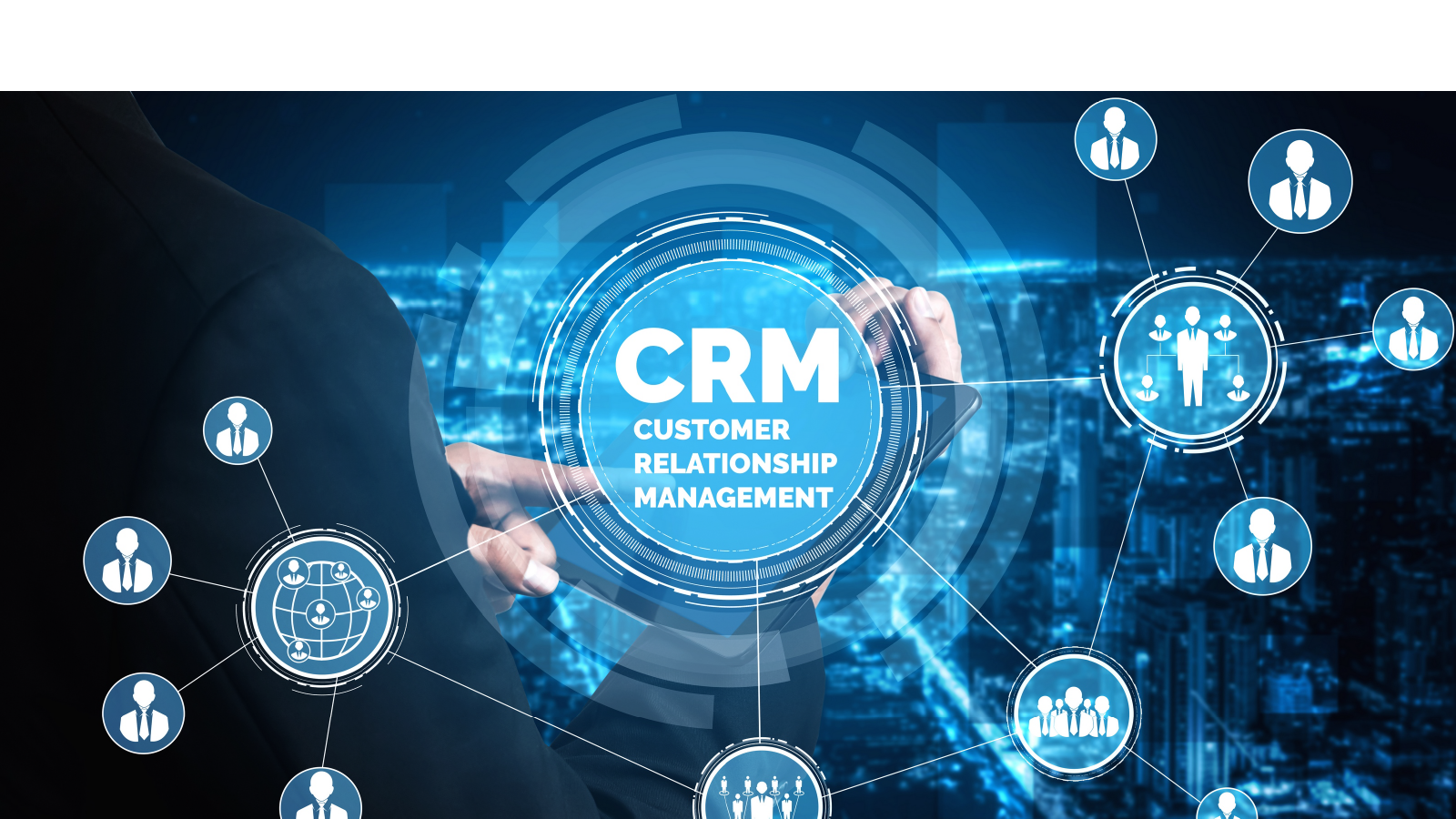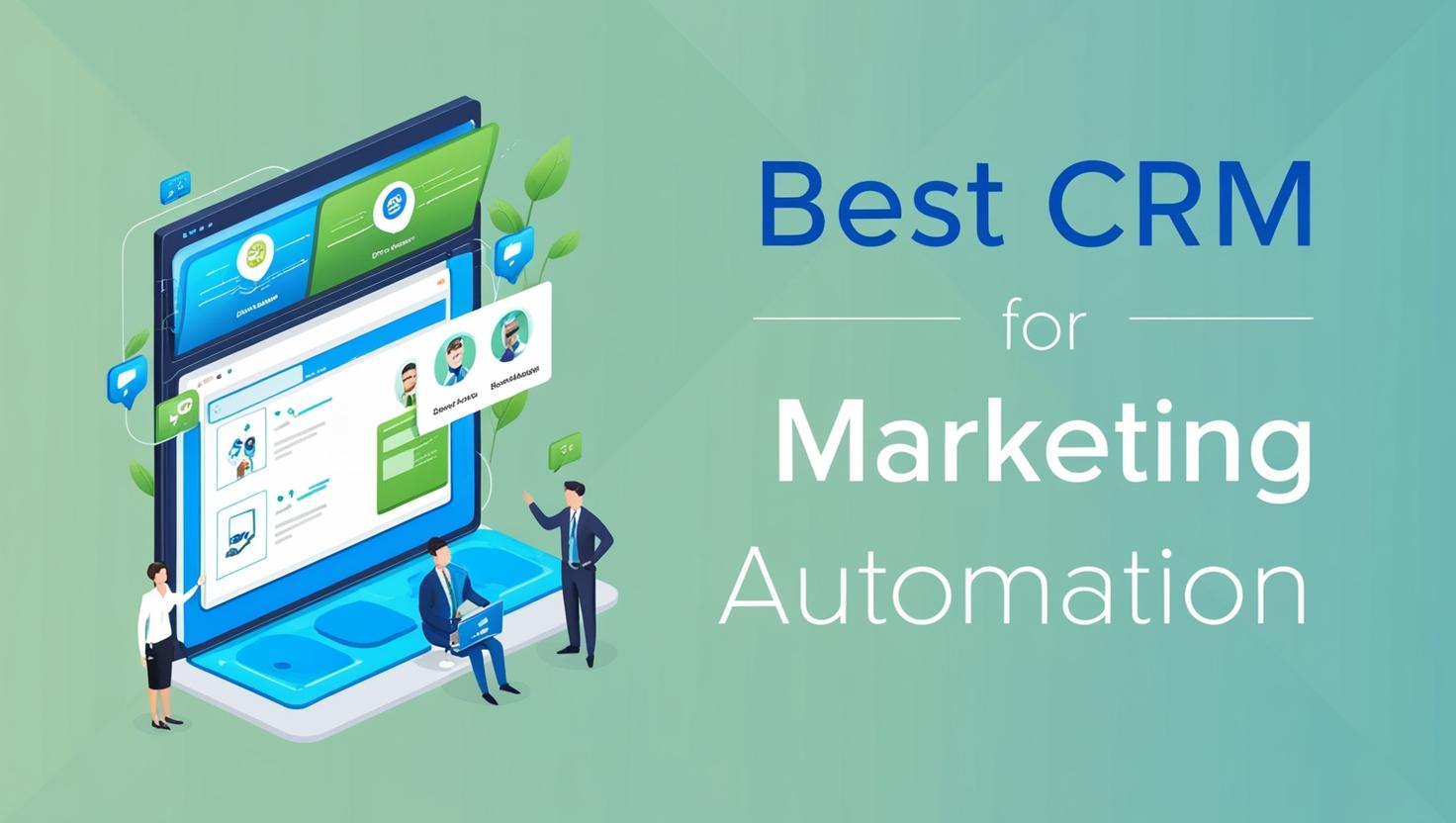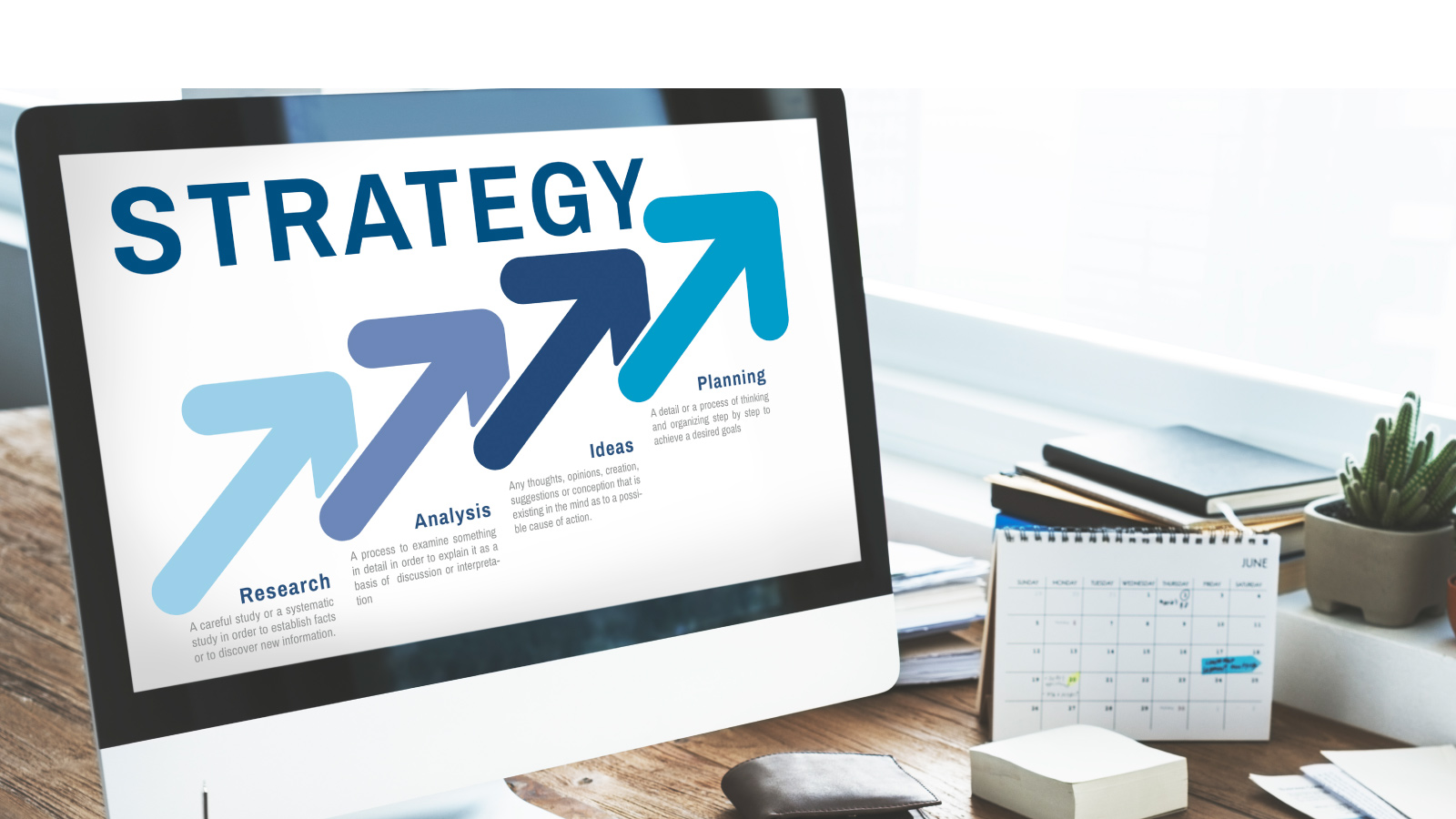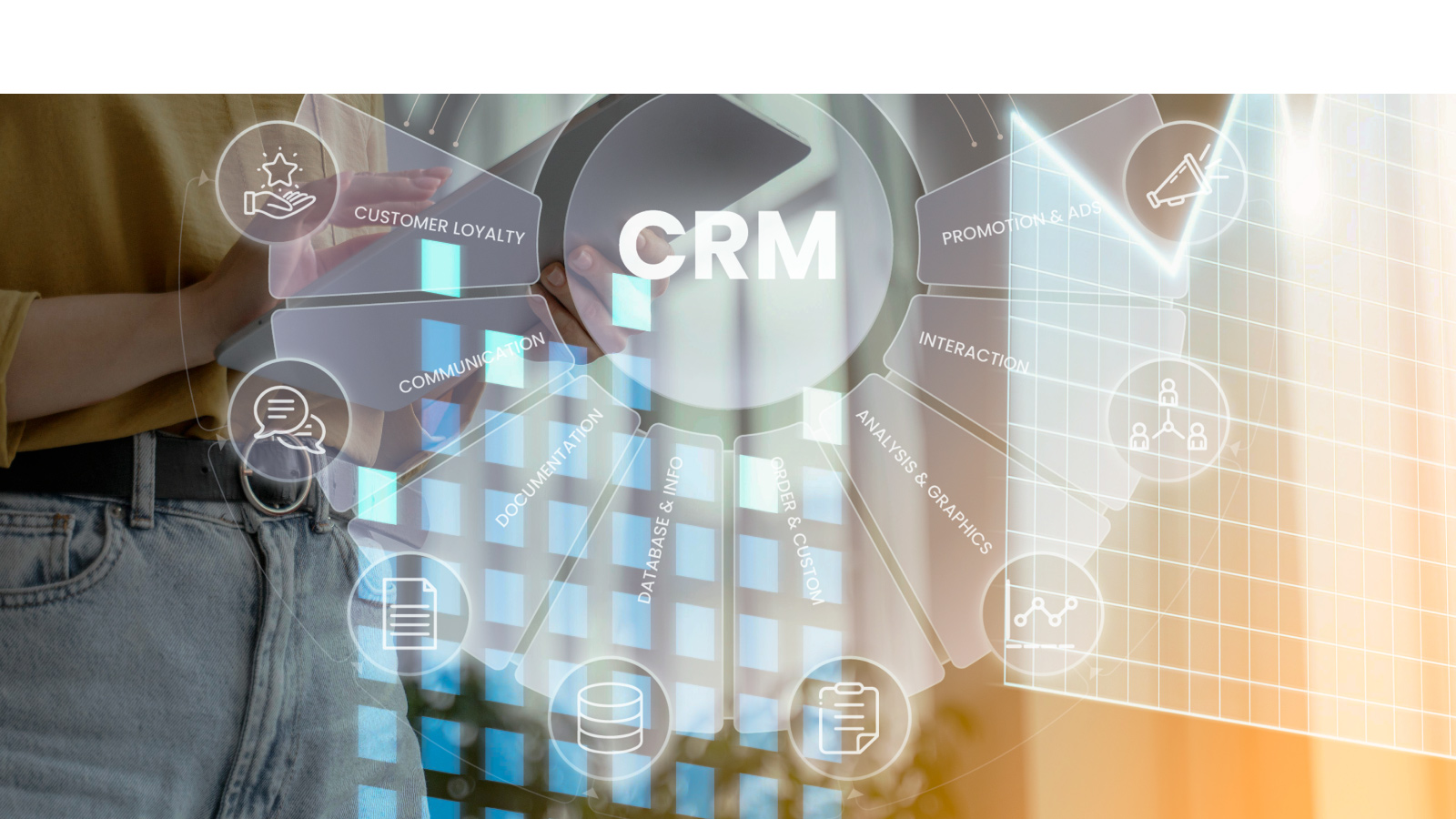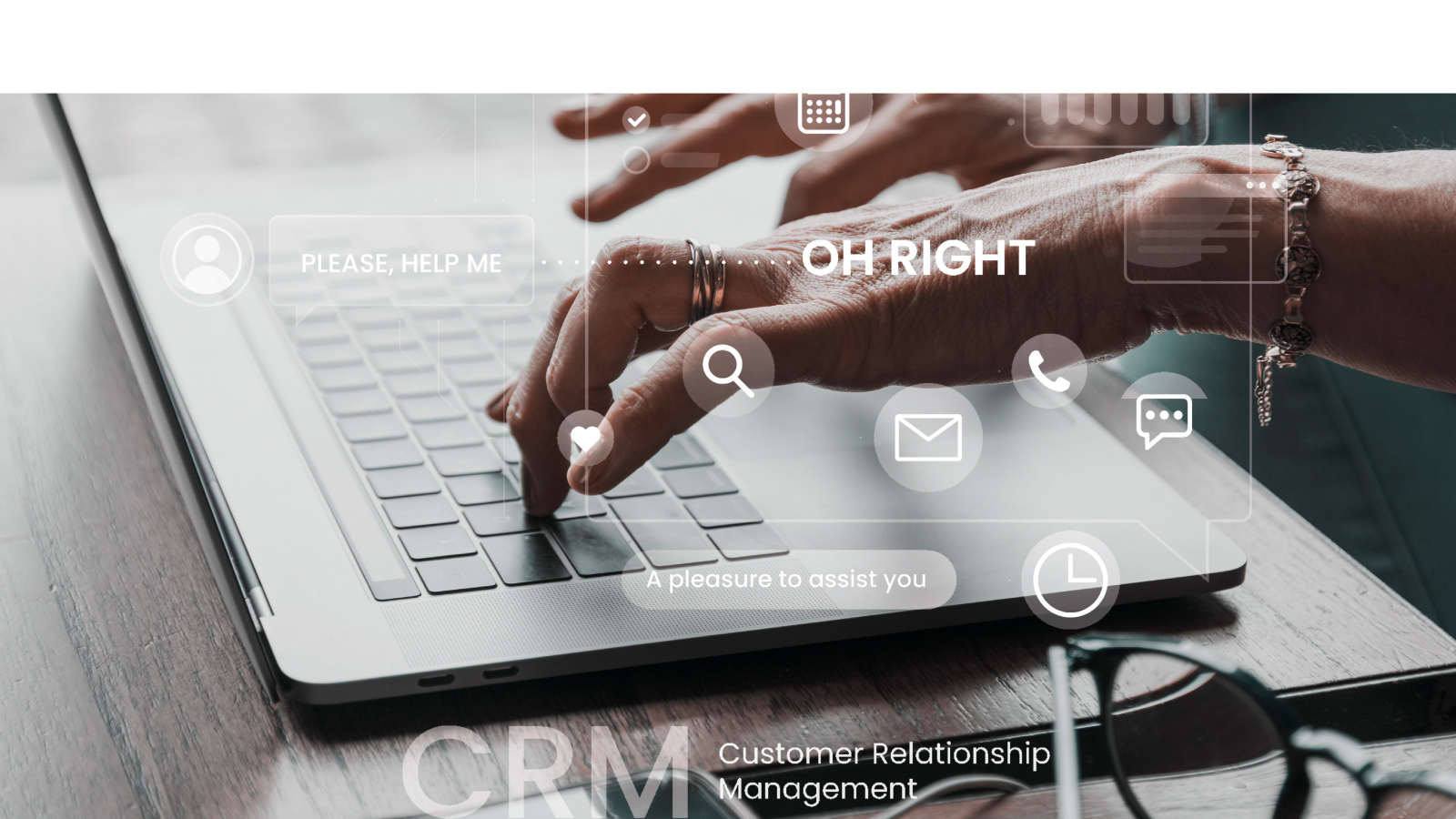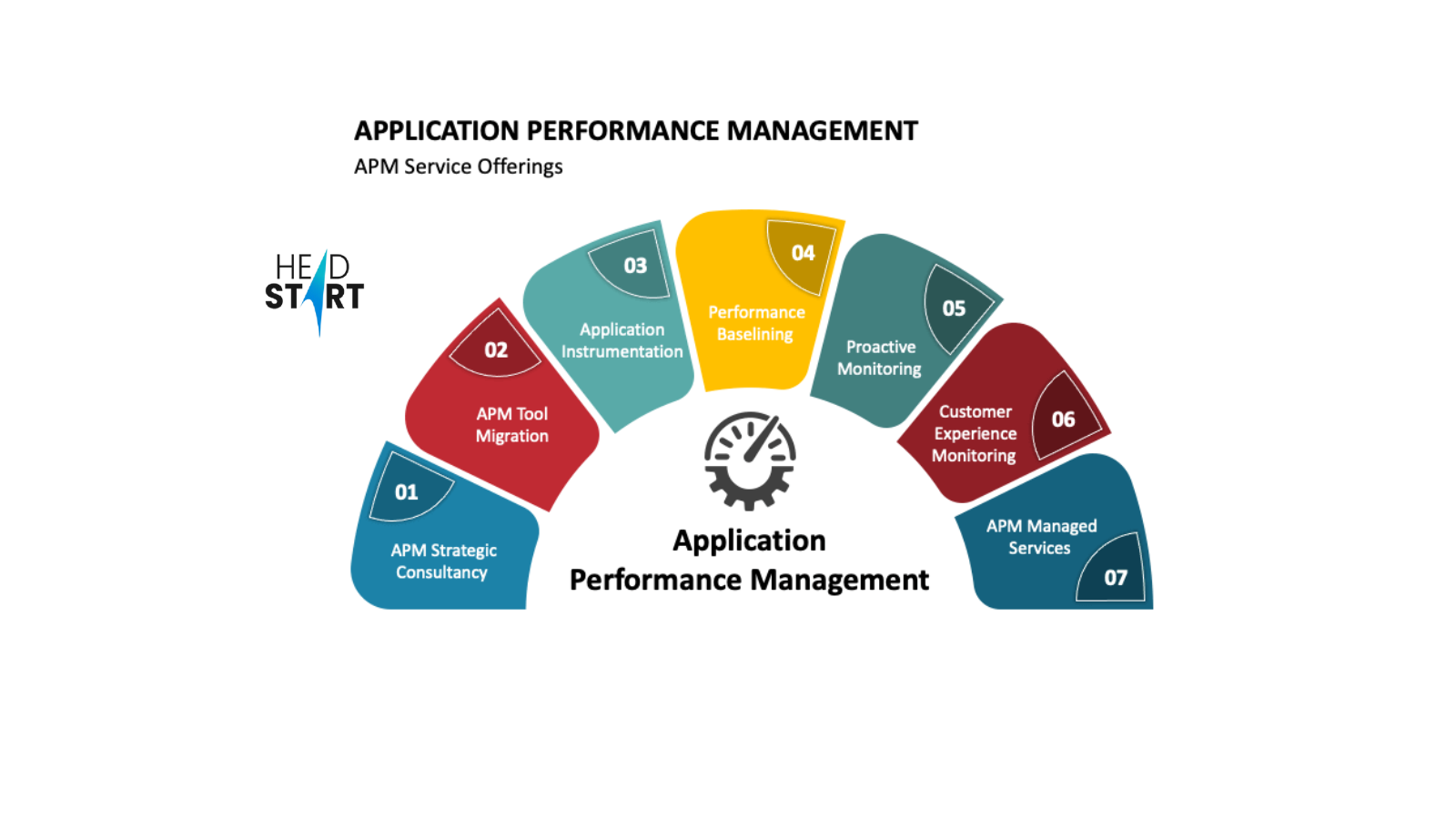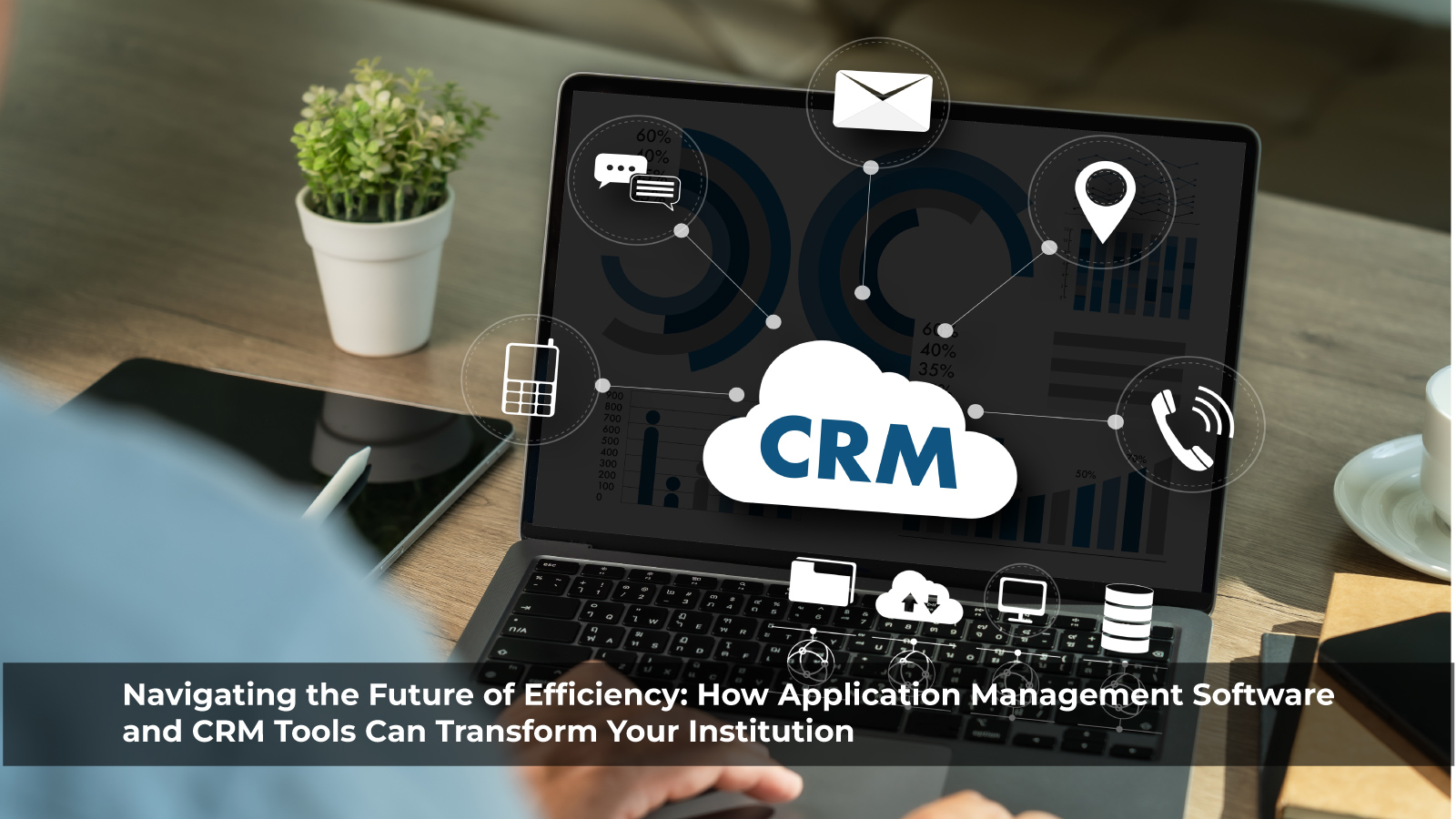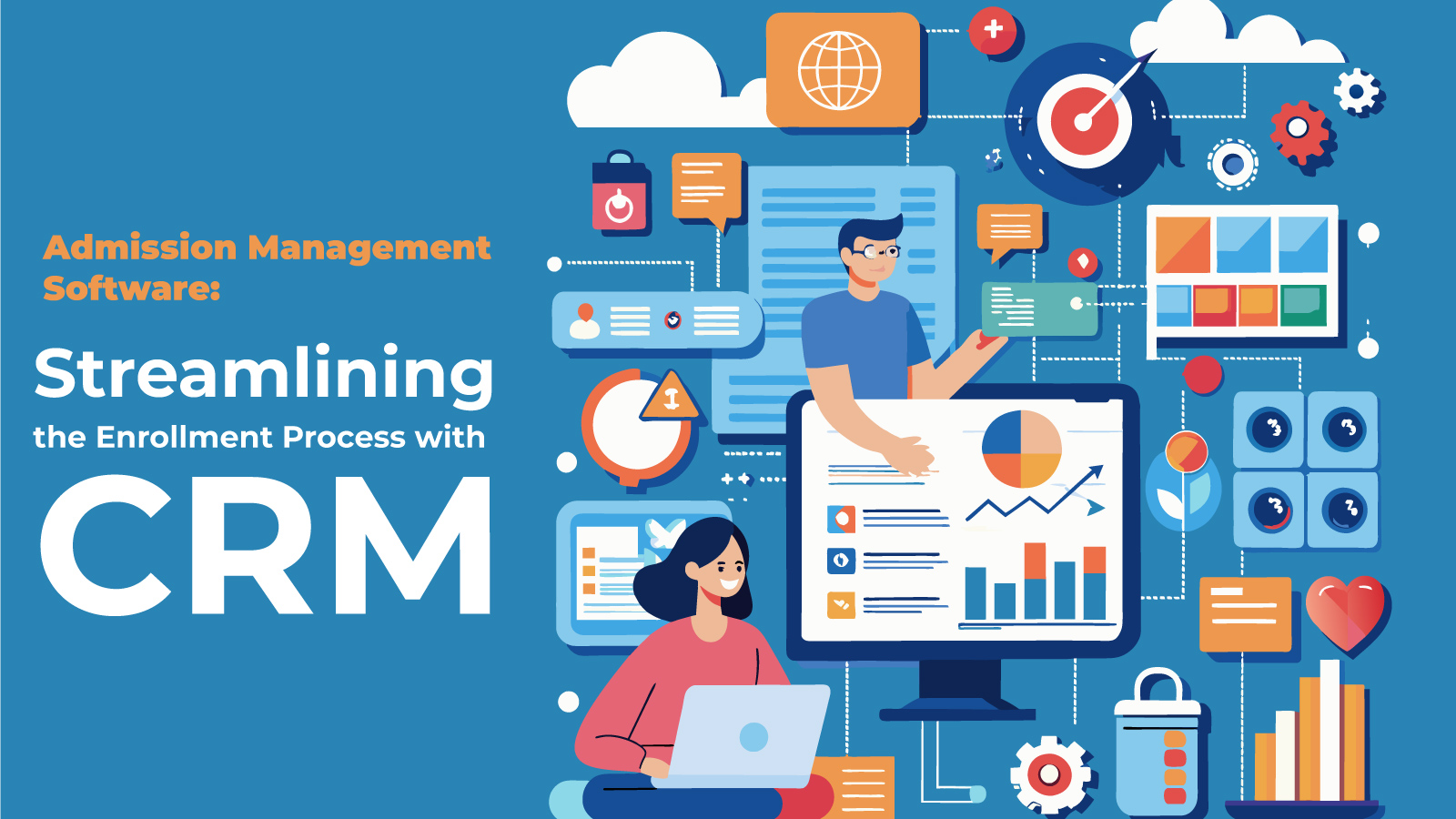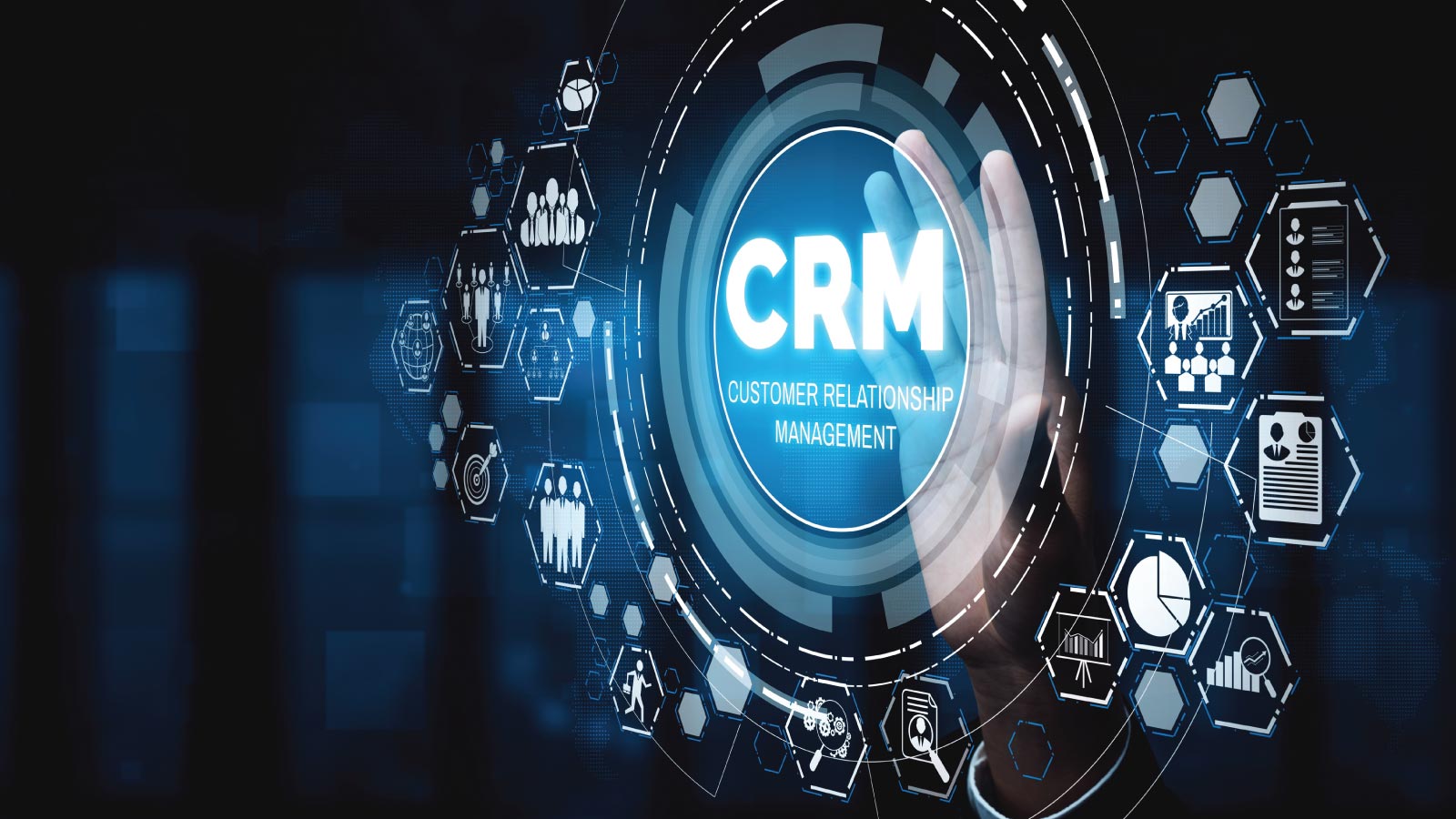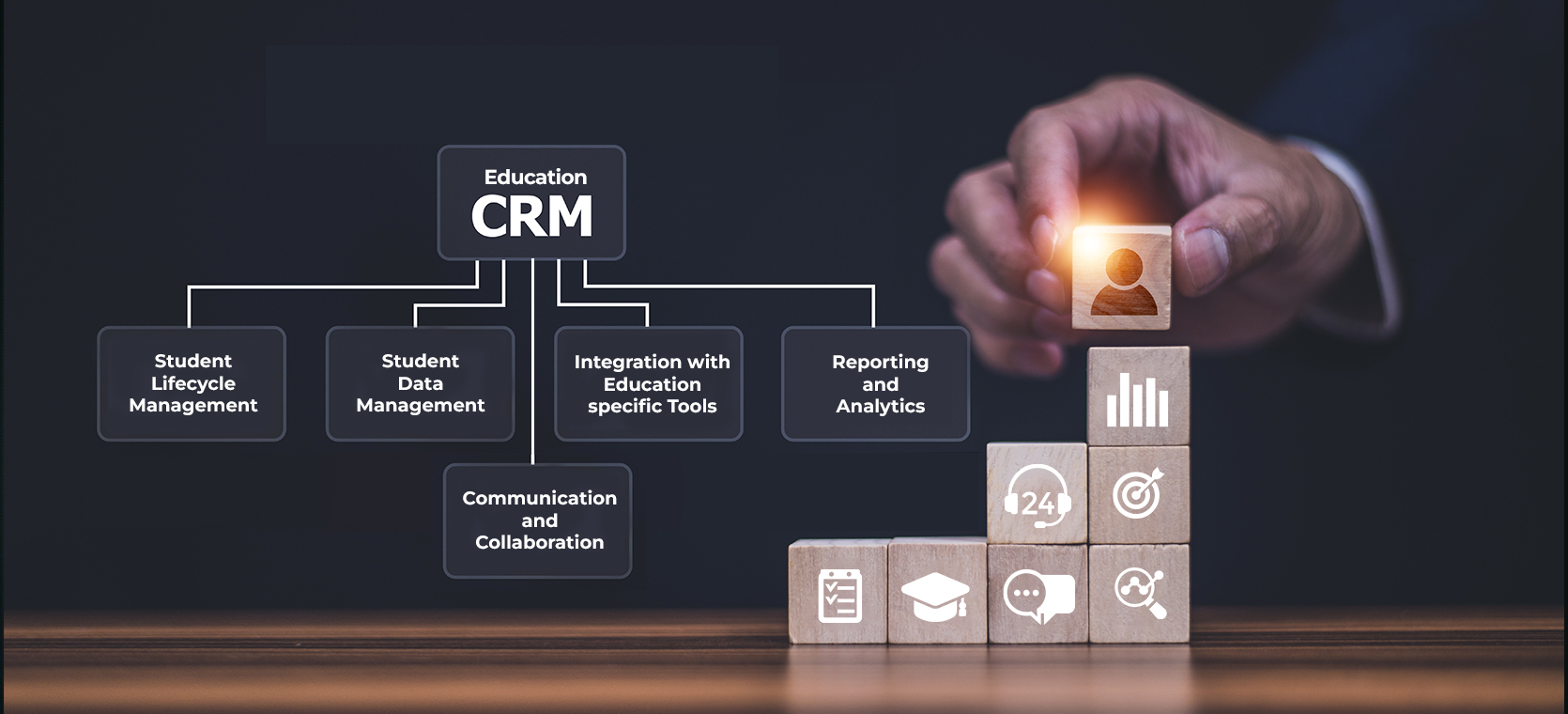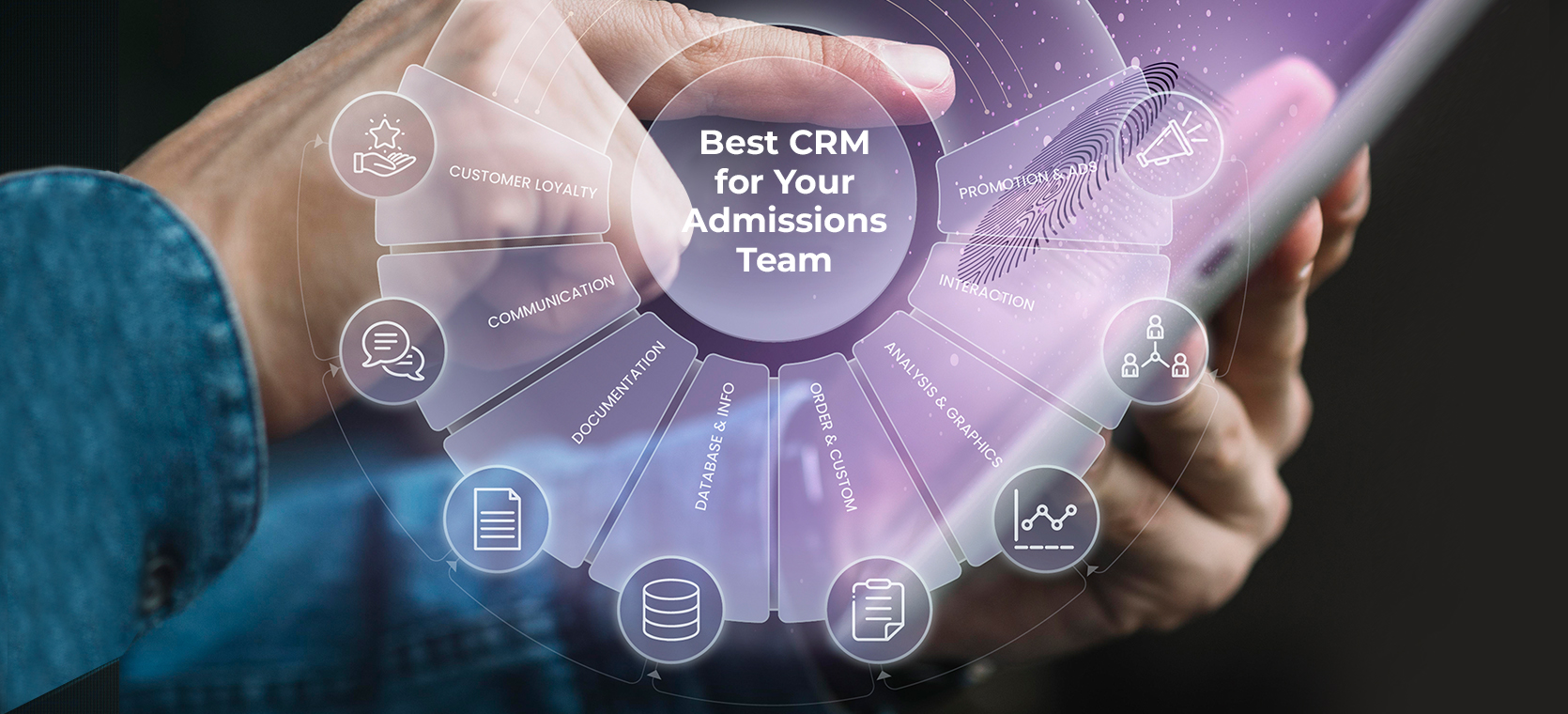Customer Relationship Management Applications – Key Features & Advantages
In the current world market, any business organisation and institution must treat customers and their relationships correctly. And this is where customer relationship management applications prove to be valuable. These tools are applied to address communication, storage, and handling of information, as well as to improve customer relations. In educational settings, CRM tools transform into student applications management system and relations-based systems, assisting universities and other educational institutions in managing various and complicated processes of admission, communication, and other engagement-related processes.
What does Customer Relationship Management Application Mean?
A customer relationship application is designed to enable an organisation to handle communication with current and potential buyers. It consolidates customer information with applications that help businesses gather information about customers’ activities and promote targeted communication in order to guarantee better services. CRMs help in automating simple tasks like data input, calling, and providing support to clients so that business organisations can improve and devote their time toward improving customer satisfaction and loyalty.
What are the Key Features of a CRM Application?
Lead Management
Leads can be captured from different sources and are easily managed using CRM systems.
Sales Pipeline
Every communication with the customer is recorded and thus different scenarios are followed according to the plan by the sales teams.
Marketing Automation
Some customer relationship applications feature marketing automation to reach out to customers through emails, social media, and other means of communication.
Customer Support
CRMs help to centralise customer information and accelerate the processing of inquiries and complaints improving overall customer satisfaction.
These applications not only are applicable to business entities but also are used extensively in educational organisations as tools for interacting with students, parents, and alumni.
How do CRMs Support Student Application Management Systems?
In educational contexts, the Customer Relationship Management applications become the Student Application Management System (SAMS). These platforms enable schools and universities to address recruitment and transition of students from admission through to their learning, graduation, and even alumni.
What are the Key Functions of a Student Application Management System?
Lead Generation and Tracking
Like business CRMs, education customer relationship applications capture and nurture leads, and, in this case, the lead is a prospective student. Interactions, as well as interests, can also be tracked so that university recruitment can be carried out effectively.
Application Processing
An education customer relationship application makes the application processes much more efficient by incorporating components such as document submission, exam system compatibility, and scheduling of interviews. This makes the work of the administrator easy and time-worthy for the students since the application work is made easier.
Communication
Student applications management system also allows for communication automation- the part where schools can deliver custom messages to prospective students at various points within the admissions process. These systems can manage answers to questions, send out reminders of due dates, and monitor participation.
Data Management
The customer relationship application structures student information in a way that allows universities to produce reports, analyse performance indicators, and, for instance, forecast enrollment.
Admission Workflow
While filtering applications, ranking students, preparing merit lists, and more, a customer relationship application enables educational institutions to streamline all the admission procedures. These include sending offer letters and accepting admission fees which is the right of the contract offered by learning institutions.
What are the Advantages of CRM for Educational Institutions
The adoption of CRM systems in educational settings brings numerous benefits, including:
Efficiency
By use of applications, institutions can reduce the time spent by admin staff on things like data entry and follow-up calls.
Personalisation
A customer relationship application allows for proper messaging to be used to communicate and engage with the students and foster relationships with students.
Implementation of CRM in digital University for Education Business.
Modern schools and universities actively implement the concept of digitalisation in educational processes, and customer relationship application plays a crucial role in this. CRMs assist in synchronising different technological applications that are used in learning management, financial management, and tracking student information, among others, in one seamless operational ecosystem. This integrated system makes it possible for institutions to offer an integrated cycle right from enrollment to graduation.
Seamless Integration
In this way, CRMs help educational institutions integrate with other platforms, avoid the problems of copy-pasting and mistakes, and create a coherent database that can be used in different divisions of an institution.
Enhanced Student Engagement
Related features such as personal communication, event organisation, and mobility provide students with quality engagement and interaction throughout the student journey.
Scalability and Customisation
Larger institutions requiring CRM management to accommodate growth see the advantage of CRM systems that are scalable. Flexible design, ideal reporting tools, and adaptable dashboards guarantee that the system grows with the institution.
Data Security and Compliance
Student data is often personal and can be protected using customer relationship applications that follow the most widely used regulations like GDPR or FERPA in educational facilities. These tools also provide the means of safe storage of data as well as protection from hackers and other cybercriminals.
Conclusion
Customer Relationship Management applications are very important tools in managing relationships between business customers as well as students within educational institutions. They make work easier, provide information channels, and facilitate decision-making that, in the long run, improve satisfaction levels and efficiency. In the context of education, the CRMs transform into, or are accompanied by, elaborate Student Application Management Systems that contain pertinent functionality for recruitment, admissions, and student interaction.
This is where Headstart’s CRM solution comes in handy, regardless of the business or the teaching environment. For educational institutions, Headstart offers a solid platform that can easily be synchronised with other systems, making application processing easier and engaging students. An easy-to-use and easily customisable system makes it simple to adapt to the unique needs of educational institutions, so it becomes a perfect partner in the context of digitalisation. Get in touch with us to know more about Headstart!


Let's Start
Contact UsWe empower education institutions with a comprehensive enrollment and student relationship management platform. With our expertise and experience in education and technology, we revolutionise operations and provide the necessary tools to thrive in a dynamic landscape.

